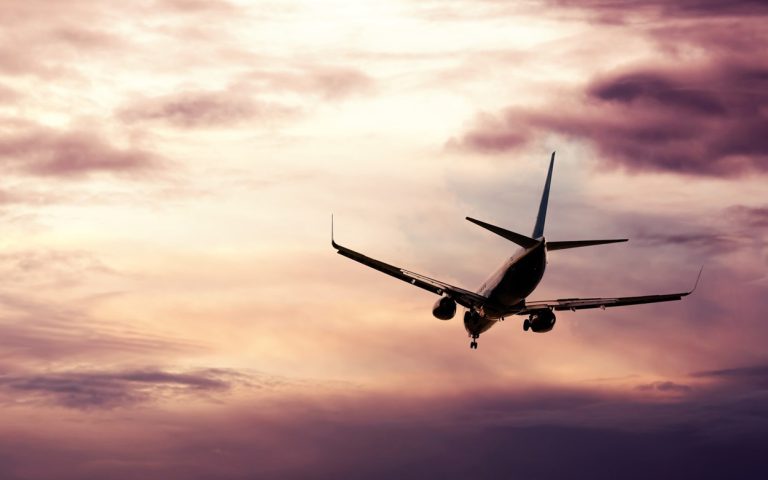The aviation industry has always been at the forefront of innovation, constantly pushing boundaries and striving to make air travel safer, more efficient, and more sustainable. Over the years, we have seen incredible advancements in aircraft technology, navigation systems, and safety measures that have revolutionized the way we fly.
One of the most exciting innovations shaping the future of flights is autonomous flight. While pilotless planes may still be a few years away from becoming a reality, companies like Boeing and Airbus are already developing technologies that will allow for more automation in the cockpit. This could lead to increased efficiency and reduced human error, making cheap flights safer and more reliable.
Another game-changing innovation in aviation is electric propulsion. With concerns about climate change growing every day, airlines are looking for ways to reduce their carbon footprint. Electric planes offer a promising solution – they produce zero emissions during flight and are much quieter than traditional jet engines. Companies like Zunum Aero and Eviation Aircraft are working on developing electric aircraft that could revolutionize short-haul flights within the next decade.
In addition to electric propulsion, new materials are also playing a key role in shaping the future of flights. Lightweight composites like carbon fiber are being used more widely in aircraft construction, making planes lighter and more fuel-efficient. These materials also offer greater flexibility in design, allowing for sleeker aerodynamics that can improve performance and reduce drag.
Advancements in navigation systems are also helping to make air travel safer and more efficient. GPS technology has made it easier for pilots to navigate through crowded airspace with precision accuracy. New software programs can analyze data from multiple sources in real-time to provide pilots with up-to-date information on weather conditions, traffic patterns, and potential hazards along their route.
The rise of artificial intelligence (AI) is another trend that is reshaping the aviation industry. AI-powered algorithms can analyze vast amounts of data quickly and accurately to help predict maintenance issues before they occur or optimize flight routes for maximum fuel efficiency. In the future, AI could even be used to assist pilots during emergencies or take over control of an aircraft if necessary.
Overall, these innovations represent just a glimpse into what the future holds for air travel. As technology continues to advance at an unprecedented pace, we can expect even more groundbreaking developments that will transform how we navigate the skies. From autonomous flight to electric propulsion to AI-powered navigation systems – there’s no doubt that exciting times lie ahead for those who dare to dream big in aviation’s ever-evolving landscape.

